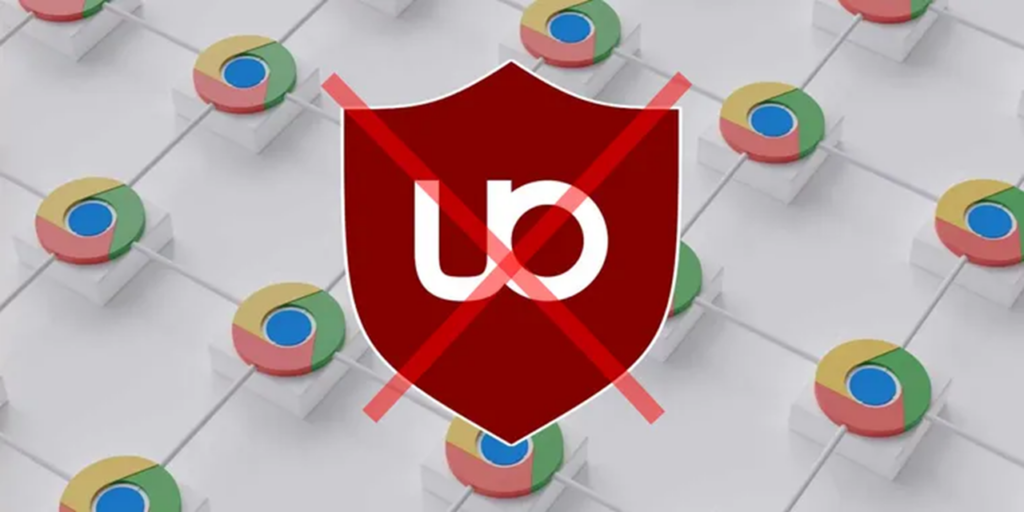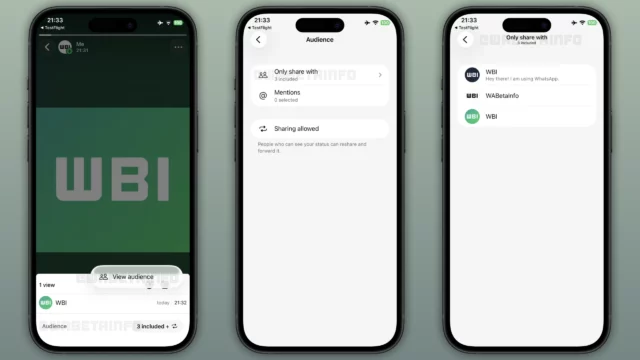Recently, ad-blocking extensions have been a hot topic, especially with YouTube working hard to prevent these types of software. Despite this, these extensions are still widely used across the globe, with millions of users.
Google Chrome blocks uBlock Origin with 40 million users
Google Chrome is blocking uBlock Origin, which has 40 million users The reason behind Google Chrome’s decision is concerns over security and privacy. When you visit uBlock Origin’s extension page today, you can still add it to your browser. However, a notice states: “This extension may soon no longer be supported as it does not follow the best practices for Chrome extensions,” suggesting alternative extensions.

The reason for this is Google’s transition from Manifest V2 to the V3 protocol. The company has been warning users for months about this change, emphasizing that extensions in the Chrome Web Store need to be updated to meet new requirements for better protecting users’ privacy and security. Software that doesn’t meet these requirements could be disabled.
Although uBlock Origin is still functional for now, it will be disabled once the transition to Manifest V3 is completed. Naturally, this has sparked significant backlash. For instance, Epic Games CEO Tim Sweeney criticized Google in a post on X (formerly Twitter), stating: “Google is using its dominant Windows browser market share in an anti-competitive way to strengthen its advertising monopoly by blocking ad blockers.”
Google’s main argument for this transition is the enhancement of user privacy and security. However, according to a recent statement by SquareX, known for its work in web security, the situation may not be entirely as Google claims. Despite stricter controls in Manifest V3, hackers can still create malicious browser extensions.
What do you think about this issue? Feel free to share your thoughts in the comments














